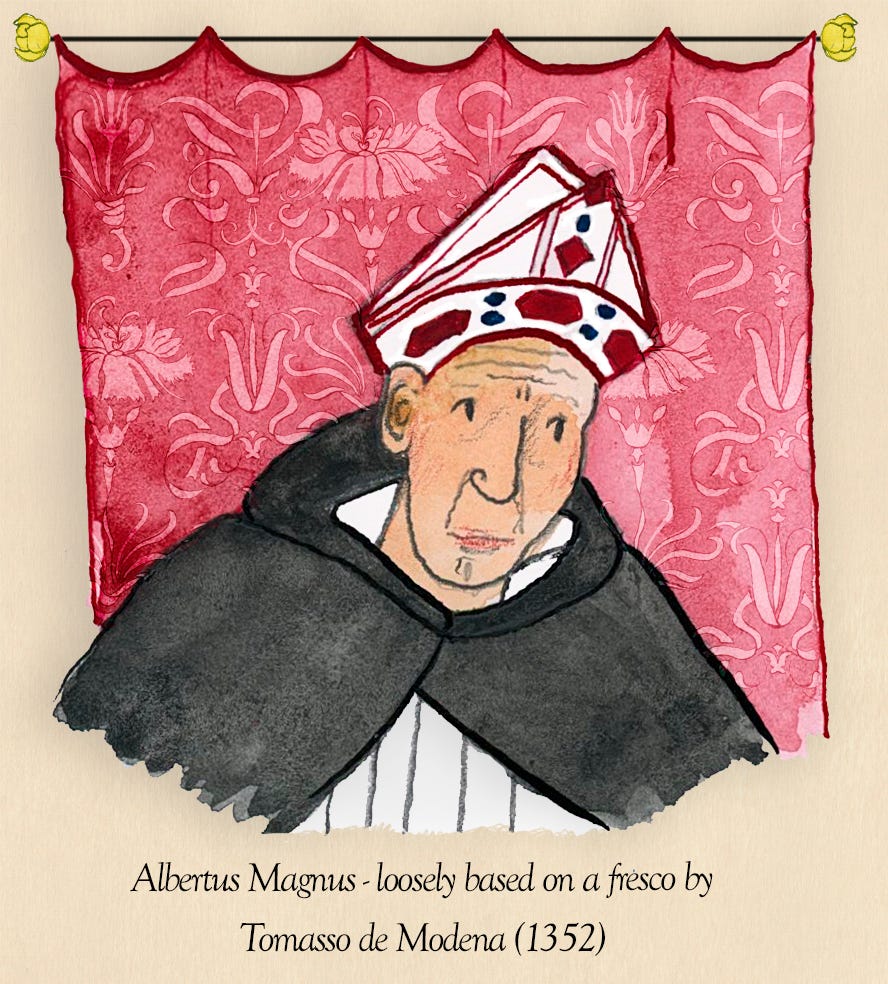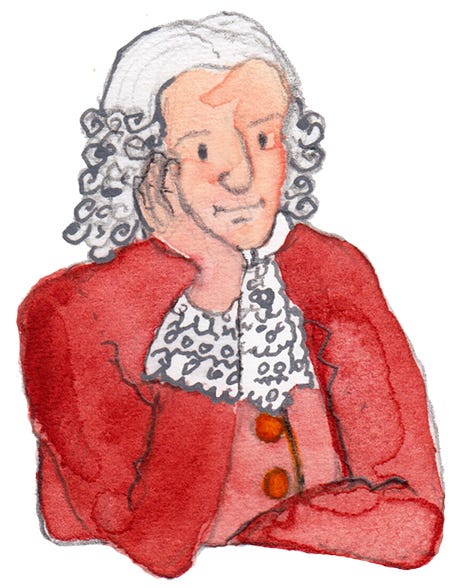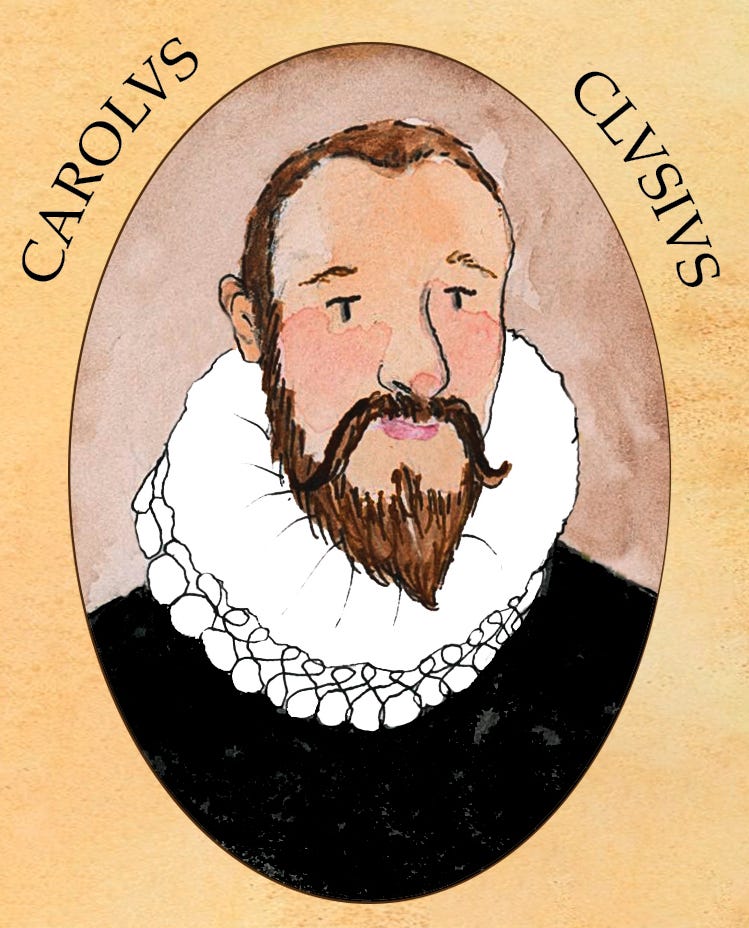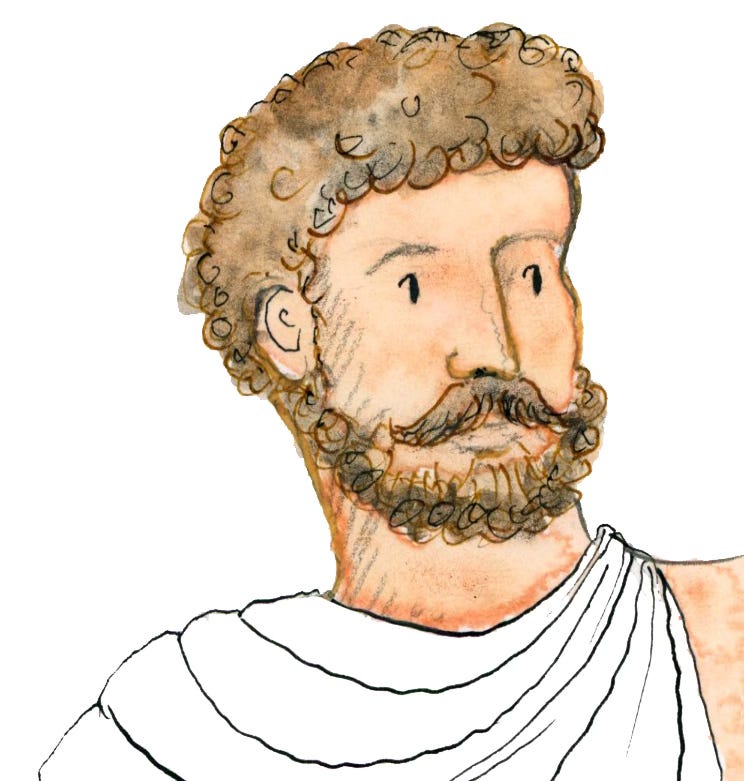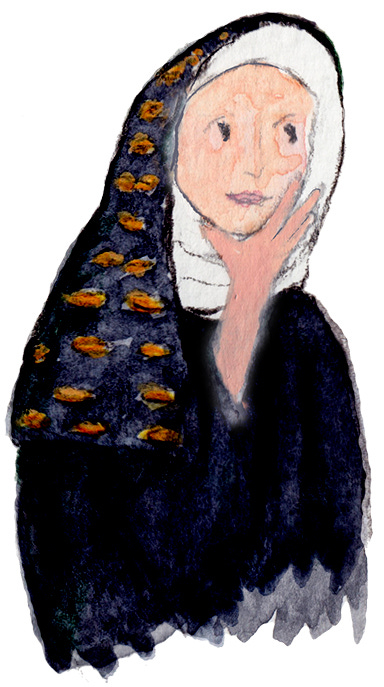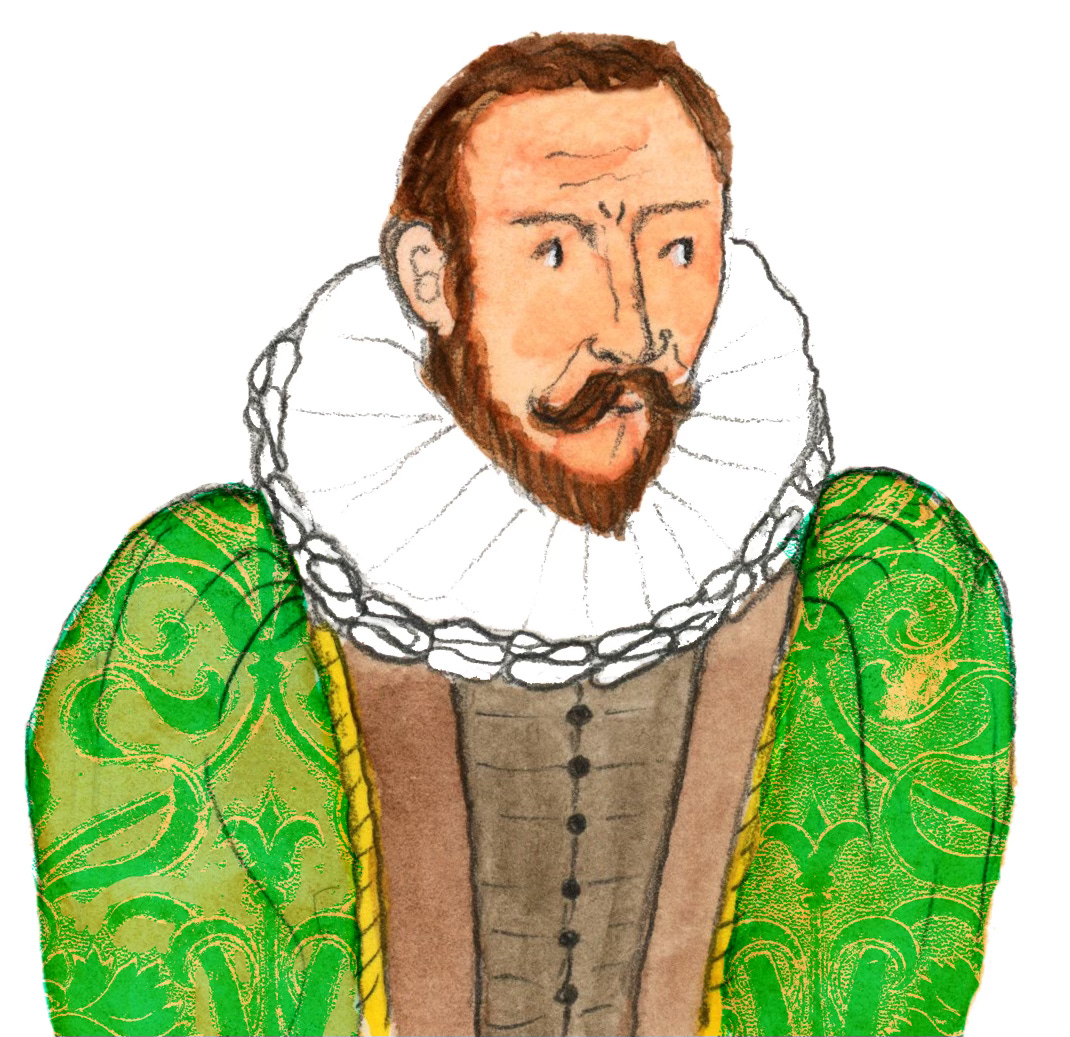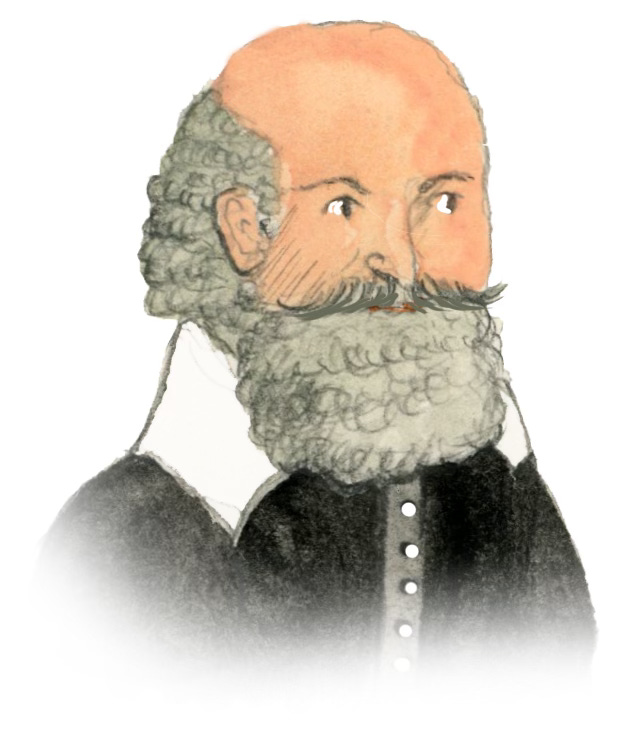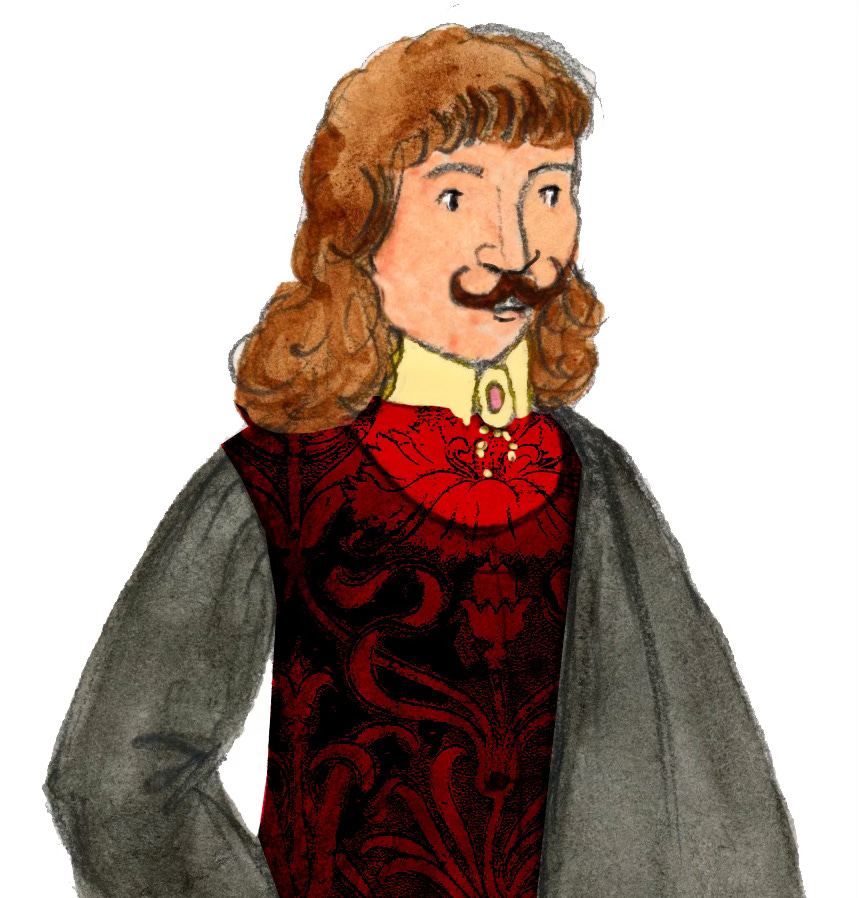Glossary
Albertus Magnus - (1200 - 1280) Medieval German Dominican friar, philosopher, scientist, bishop and discoverer of arsenic, writer of the “Book of Secrets of Albertus Magnus”.
Anglo-Saxon - The archaeological time period during which Old English was spoken by the Anglo-Saxons
Ambrosia - Super delicious and fragrant food, drink and creams used by Ancient Greek gods. Ambrosia can bring about immortality or at least longevity. Often brought to the gods on Mount Olympus by doves.
Bane - from Old English 'Bana' meaning killer, slayer or murderer. Used in plant names for specific poisonous plants (e.g., wolfbane is poisonous to wolves)
Binding Spell - A spell that restricts the bound person’s actions or keeps them tied to another individual, object, place or situation
Bitter - a plant-based drink that can help the digestion and give a boost to the liver
Botanist - an expert in the study of plants
Botany - the study of plants
Buboes - swollen lymph nodes when suffering from Bubonic Plague
Carl Linnaeus - (1701-1778) Swedish botanist and inventor of the scientific naming system for plants and animals that we still use today.
Carolus Clusius also known as Charles de L’Ecluse (Born in France 1526 - died in Leiden, The Netherlands 1609) - was a Flemish/Dutch Physician, Humanist, Botanist and Scientific Horticulturist. Carolus was the man who first brought the tulip to Holland, which later led to Tulip Mania. Carolus Clusius wrote many works on plants from a whole range of different countries. His collected works can be read in the ‘Rariorum Plantarum Historia’, published in 1601 in two parts.
Claudius Galenus - better known as Galen (129-216 AD) Greek physician, writer, and philosopher from Mysia, (now in Turkey) whose theories and practices were popular in Europe from the Middle Ages until the mid-17th century
Culpeper - see Nicholas Culpeper
Cuneiform - ancient writing on clay tablets
Cunning folk also known as Wise folk— non-professional practitioners of folk magic
Dark Ages - The first 566 years of the Middle Ages (500-1485), starting after the fall of the Roman Empire in the year 500, ending in 1066 with the Battle of Hastings.
de l’Obel, Matthias - See Matthias de l’Obel
Divination - predicting the future using supernatural methods
Folk magic - also known as low magic, is magic that uses spells and charms, usually for fortune telling, making people fall in love and to fight witchcraft
Gaius Plinius Secundus - (AD 23-79) known as Pliny the Elder, the writer of the “Naturalis Historia” the world's first encyclopaedia. 2,000 Years later you can still buy the book. Pliny died a hero, when trying to save his friend in Pompei during the eruption of the famous volcano Vesuvius.
Galen (129-216 AD) Greek physician, writer, and philosopher from Mysia, (now in Turkey) whose theories and practices were popular in Europe from the Middle Ages until the mid-17th century.
Gerard - see John Gerard
Gothic Language - A now extinct Indo-European, East Germanic language spoken from around 750BC. It went in decline from the mid 6th century but in some areas in Spain and Portugal it was still spoken till the 800’s. The language is mainly known from codices, mainly biblical texts.
Gout - a form of arthritis which causes sudden swelling of the joints and severe pain. It mostly affects the toes and is one of the most painful conditions known to mankind.
Grieve, Maude - see Maude Grieve
Grimoire - a book of magic spells
Herbal - a book that describes herbs and their uses
Herbalist - an early botanical writer
Hildegard von Bingen (1098-1178) - nun, writer, composer, philosopher, mystic, visionary, and medical writer, whose music you can still listen to today!
Hydra - A mythical snakelike water monster with many heads. If you chopped one of the heads of, two more would grow in its place. The monster was so dangerous that even its breath was poisonous
Incubus - an evil spirit who takes on a human form would lie on top of people in their sleep to give them nightmares or even impregnating them, resulting in the birth of witches. Merlin was rumoured to be fathered by an incubus. The earliest mention of an incubus comes from Mesopotamia around 2,400 BC.
John Gerard (1545-1612)- barber-surgeon, gardener and famous 16th century botanist and Herbalist, writer of a 1,484-page illustrated Herbal called "Generall Historie of Plantes" which was first published in 1597 and is still available today!
Lacnunga - A 10th century Anglo-Saxon collection of herbal remedies, prayers and charms. Partly pagan, partly Christian.
Matthaeus Platearius - 12th Century physician from Salerno, writer of “The Book of Simple Medicines” whose mother might have been the famous and mysterious Trota, writer of the “Trotula of Salerno” - A three part book on gynaecological health from the 11th century.
Matthias de l’Obel (1538-1616) Flemish physician and herbalist, living in London - Highgate, friend and colleague of John Gerard.
Maude Grieve - 20th century Herbalist and writer born in 1858, died in 1941. Her book, "A Modern Herbal" was first published in the 1930's and is still used today. During WWI, when medicine was scarce, she planted her garden full of healing plants to help wounded soldiers.
Linnaeus (Carl) See Carl Linnaeus
Nicholas Culpeper (18 October 1616 - 10 January 1654) herbalist, botanist, physician, astrologer and writer of The English Physitian (1652) and the Complete Herbal (1653), which you can still find in shops today.
PIE - Proto-Indo-European, 6,500-year-old language; the root of most European languages, spoken by the Kurgans who lived in the area which spread from the Black Sea to the Kaspian Sea, from 4,500BC. In 2,500BC they moved north, spreading their language into Europe.
Platearius - see Matthaeus Platearius
Pliny the Elder - see Gaius Plinius Secundus
Poultice - A soft bandage, often made of plants, that relieves inflammation.
Rampart - a protective barrier, a raised fortification to protect the camp
Saturnalia Festival - A Roman Midwinter Festival for Saturn, god of farming and harvest, taking place between 17 and 23 December
Scabies - A contagious and extremely itchy skin condition caused by tiny mites that burrow into the skin.
Seer - A person who can tell the future using supernatural forces
Stamen - The pollen producing part of a flower
Sylvan Spirits - Nature spirits
Sympathetic Magic - The belief that if a plant looks like something, it was nature's way of telling us that said plant was likely to be a cure for any ailment caused by the thing it looked like.
Tonic - A medicinal drink that gives a feeling of well-being
William Turner (1509-1558) physician, theologist (Reformist) and botanist, also known as "‘the father of English botany’ writer of ‘A New Herball’, published in 1538.
Wort - from Old English Wyrt meaning root, herb, vegetable, plant or spice, usually used for plants with healing powers.



